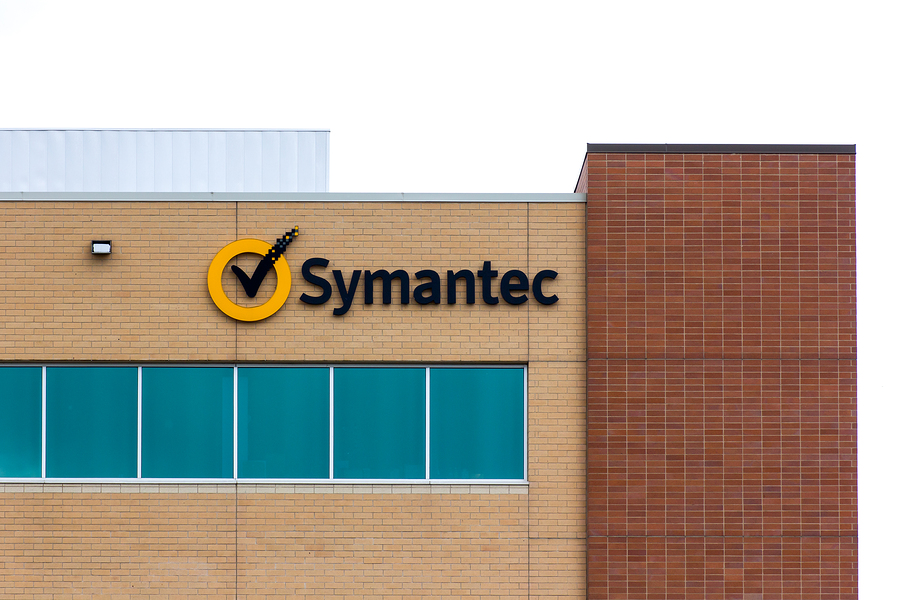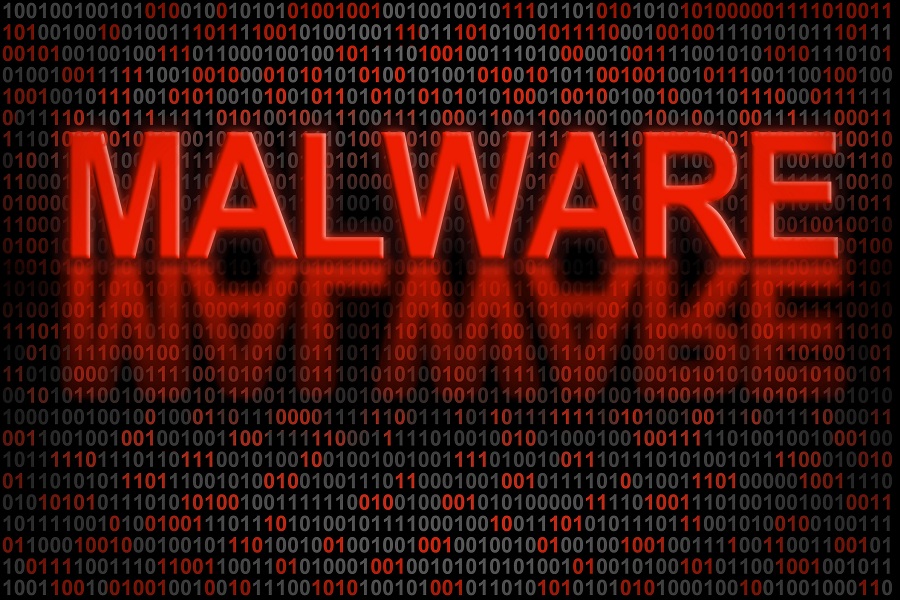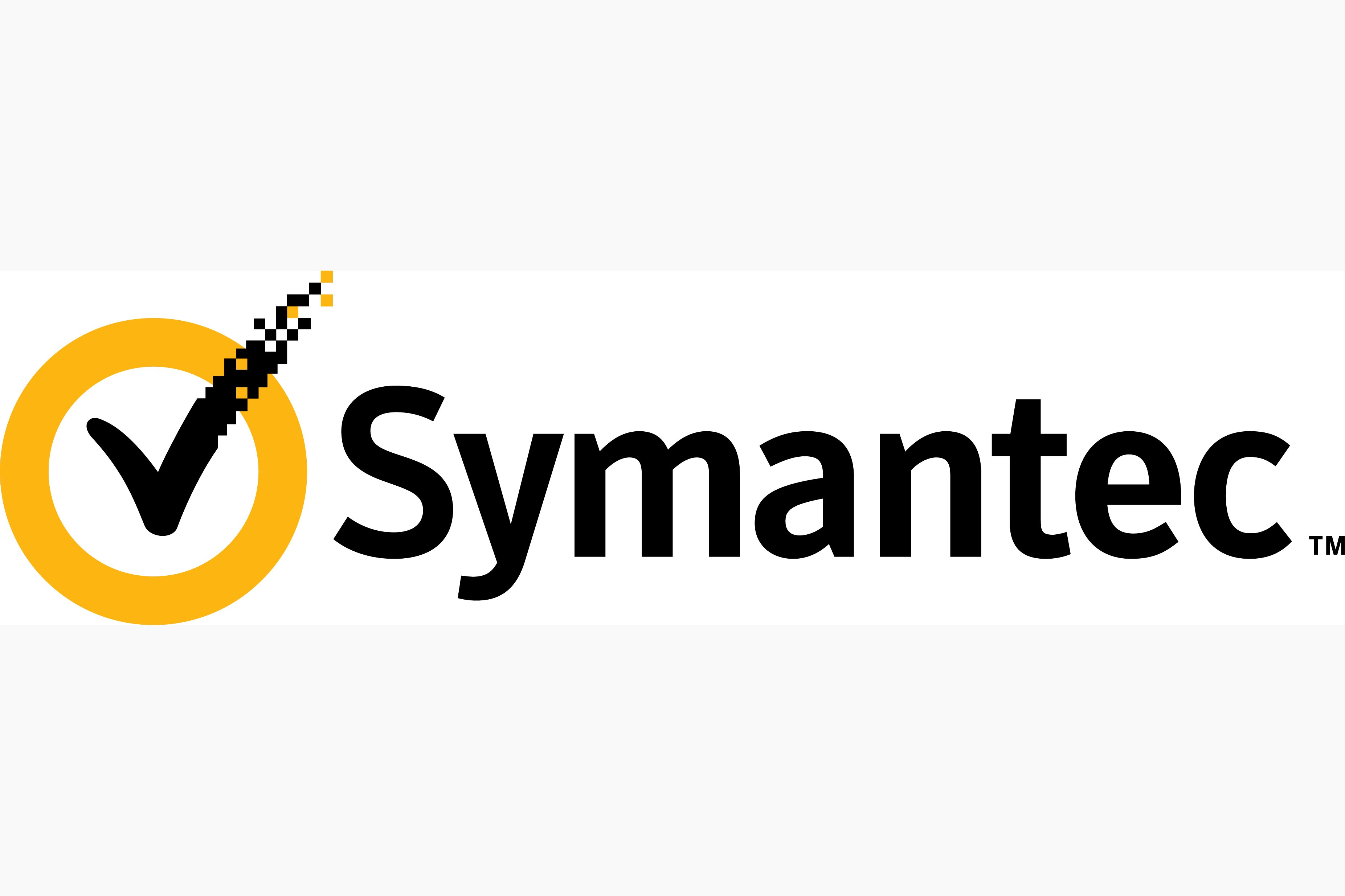Panda warns of cyber black market
Panda warns about the growth of the cyber black market, where credit card details can be bought for as little as £1.25.


The cyber black market is growing and anyone can get online to take part in illicit activities, a report has found.
There are more than 50 dedicated online stores where web users can buy data, ranging from credit card details to logins and passwords, Panda Security has discovered.
Credit card details can be bought for as little as 1.25 per card. For those who want credit line or bank balance details, the price can go up to 50 for smaller bank balances and above 430 for accounts with a guaranteed balance of 51,000 or more.
Cyber criminals have also been seen flogging card cloning machines for between 125 and 625, as well as fake ATM machines from around 2,200.
To rent a botnet, to user for a spamming campaign for instance, users can expect to pay between 9.50 and 12.50
Tools have also been made available for anyone who wants to set up a fake online store to sell rogueware to unsuspecting users.
Luis Corrons, technical director of PandaLabs, said getting involved in the black market was as easy as looking for the right terms on Google and finding the right site.
Get the ITPro daily newsletter
Sign up today and you will receive a free copy of our Future Focus 2025 report - the leading guidance on AI, cybersecurity and other IT challenges as per 700+ senior executives
Although he couldn't put a figure on how much the cyber black market was worth, he said it would be "many millions."
"When I started researching these kinds of things, you could find some places, but just a few. Now there area lot of them, so it has grown a lot," Corrons told IT PRO.
"As long as it remains so easy to do, it will continue to grow at the same rate or even higher."
Corrons said he does not expect to see big changes in the evolution in the market, as the criminals are making enough money with the system as it is.
Earlier this week, Symantec warned of the proliferation of attack kits, which are making it simple for anyone to get involved in illicit online activities.
Even those with very limited technical capabilities, it seems, can now become a cyber criminal.
Tom Brewster is currently an associate editor at Forbes and an award-winning journalist who covers cyber security, surveillance, and privacy. Starting his career at ITPro as a staff writer and working up to a senior staff writer role, Tom has been covering the tech industry for more than ten years and is considered one of the leading journalists in his specialism.
He is a proud alum of the University of Sheffield where he secured an undergraduate degree in English Literature before undertaking a certification from General Assembly in web development.
-
 Should AI PCs be part of your next hardware refresh?
Should AI PCs be part of your next hardware refresh?AI PCs are fast becoming a business staple and a surefire way to future-proof your business
By Bobby Hellard Published
-
 Westcon-Comstor and Vectra AI launch brace of new channel initiatives
Westcon-Comstor and Vectra AI launch brace of new channel initiativesNews Westcon-Comstor and Vectra AI have announced the launch of two new channel growth initiatives focused on the managed security service provider (MSSP) space and AWS Marketplace.
By Daniel Todd Published
-
 Power stations under attack from long-running hacking campaign
Power stations under attack from long-running hacking campaignNews Dragonfly threat group is ramping up activities, say researchers
By Adam Shepherd Published
-
 Symantec profits surge as firms prop up their cyber defences
Symantec profits surge as firms prop up their cyber defencesNews The company also announced plans to sell its web certificate business
By Dale Walker Published
-
 Symantec to pay $4.65 billion to acquire Blue Coat
Symantec to pay $4.65 billion to acquire Blue CoatNews Greg Clark to become Symantec CEO, promising new cloud security
By Aaron Lee Published
-
 Symantec ditches reseller guilty of scamming PC users
Symantec ditches reseller guilty of scamming PC usersNews Silurian told people they had malware, then sold them Norton Antivirus for $249
By Joe Curtis Published
-
 NATO builds up cyber alliance with Symantec tie-in
NATO builds up cyber alliance with Symantec tie-inNews Military industrial link up to fight cyber attacks
By Rene Millman Published
-
 Junk emails fall to their lowest rate in 12 years
Junk emails fall to their lowest rate in 12 yearsNews Spam is dropping, says Symantec, but other malware threats are on the rise
By Joe Curtis Published
-
 Kaspersky: "We have never been asked to whitelist malware"
Kaspersky: "We have never been asked to whitelist malware"News A company blog has revealed neither government nor any other entity has asked it to stop detecting malware
By Clare Hopping Published
-
 Symantec confirms split into separate security & storage entities
Symantec confirms split into separate security & storage entitiesNews Storage and security will be separated as Symantec tries to boost sales in both
By Adam Lee Published